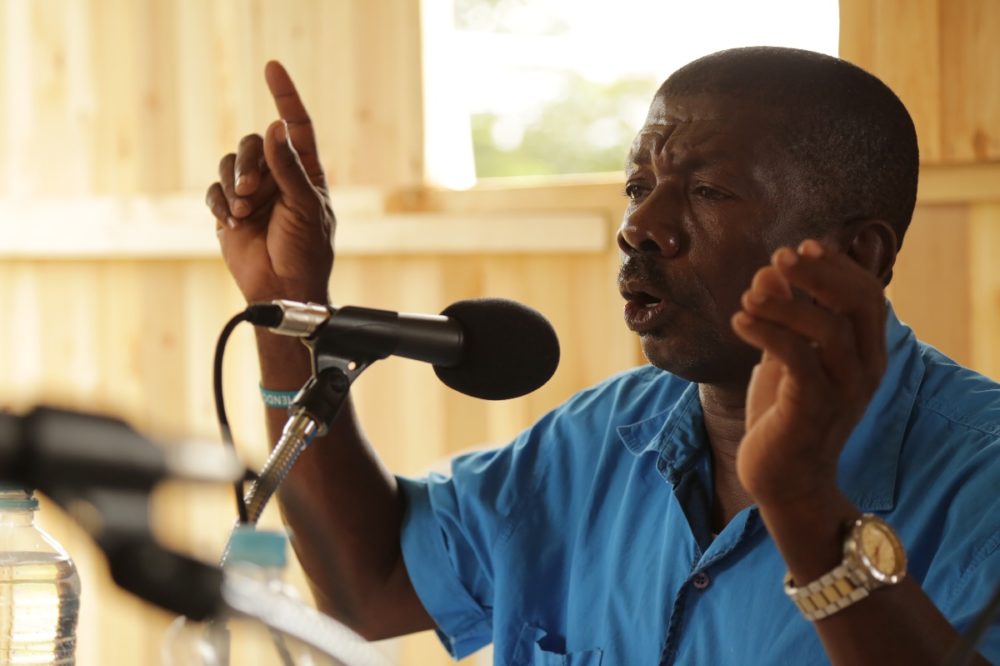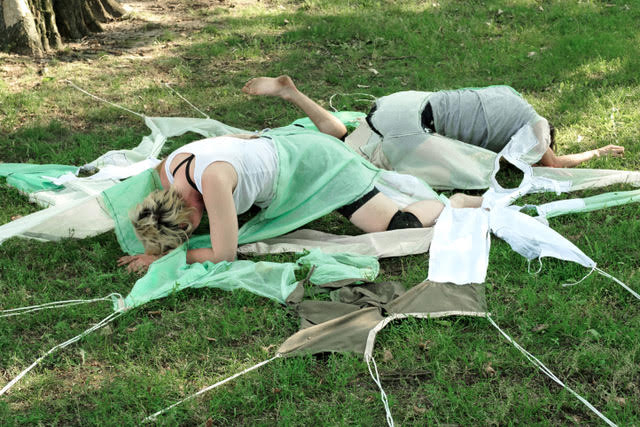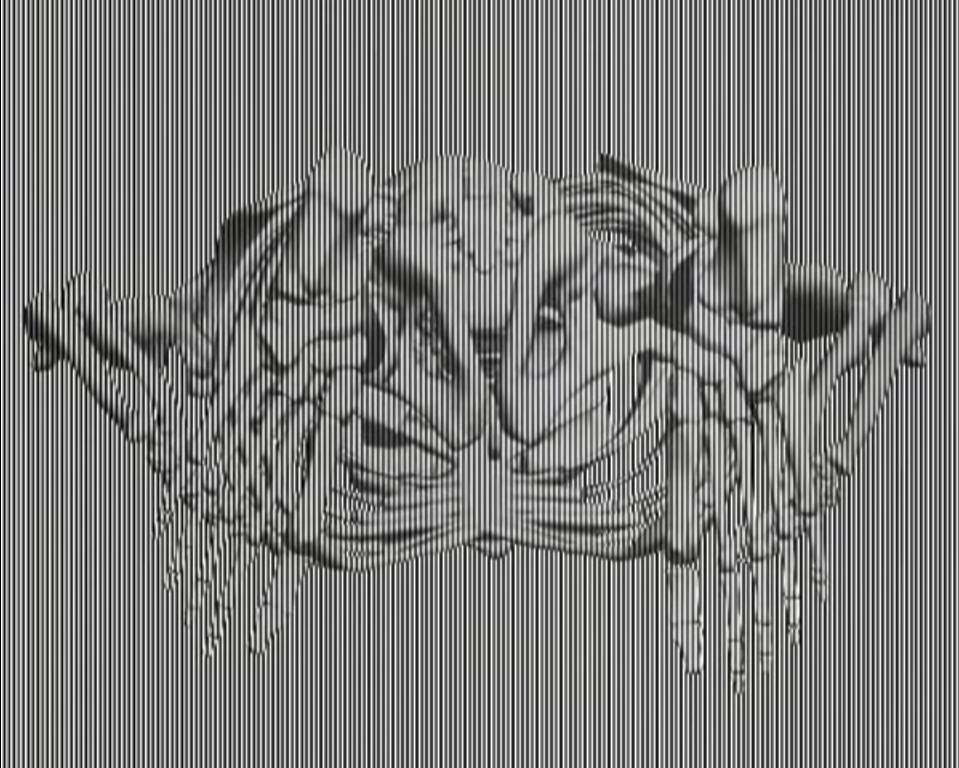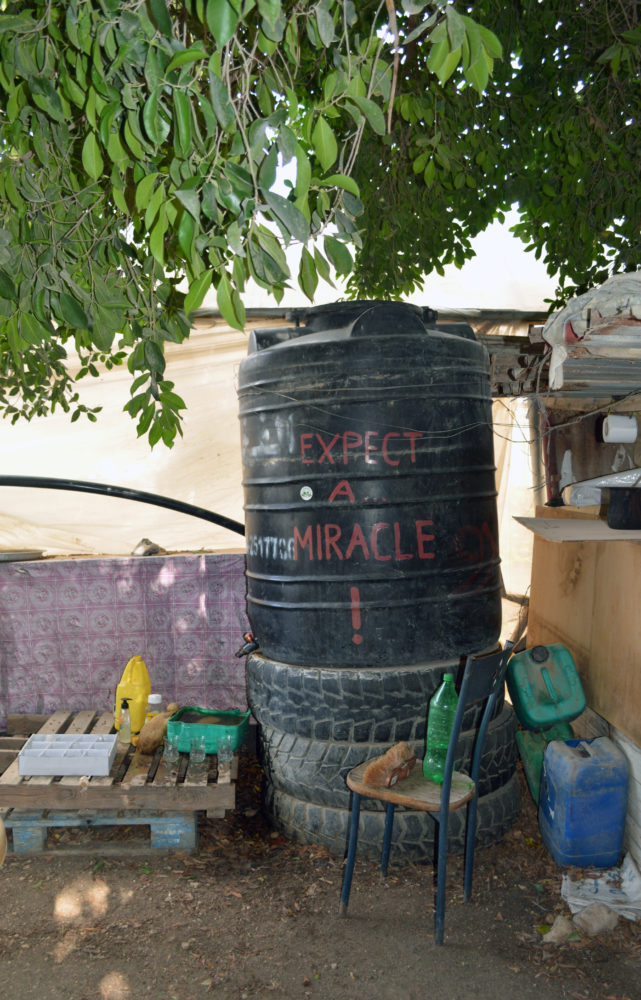How can one situate knowledge without becoming relativistic? How can one localize one’s own inquisitiveness without acting parochially, narrow-mindedly, or with a fixation on identity? As a methodological precaution, situated knowledge factors-in one’s own limitations, without relinquishing claims to objectivity. In Donna Haraway’s version (1988), situated knowledge is related to the “strong program” of scientific theory, which, by including the conditions of knowledge, claims to produce more robust as opposed to weaker knowledge. However, insight into the conditionality of knowledge causes the elements that must be included in the research process to explode. Situated knowledge is therefore also the counter-model to the clean room laboratory that has to exclude as many conditions as possible. In contrast, situated knowledge is dirty, unclear, and committed, and in the words of Marshall Sahlin, part of an “indigenized modernity”.
More information on the event and videos of the talks on hkw.de:
#Situating
With Liliana Angulo Cortés & Juan Rodrigo Machado Mosquera, Karin Harrasser and Natalie Loveless
Temístocles Machado was a community leader who represented different communities in Commune 6 and throughout the Colombian city of Buenaventura. He was murdered in 2018. Since then a group of leaders, including his son Juan Rodrigo Machado Mosquera and artist Liliana Angulo Cortés, continue the struggle, safeguarding the knowledges of their communities.
read moreTo situate means to keep knowledge in the process of its formation, constantly to re-formulate it, to be in dialogue, not to limit oneself to a preconceived perspective but to understand the different aspects playing into one’s situatedness in this precise moment in space and time and, thereby, keeping oneself (and one’s blind spots) on the move.
->
read moreor the Instrumentalisation of Situating
In his essay, Gereon Rahnfeld looks at the connection of situating and instrumentalizing knowledge. Drawing on the example of Vladislav Surkov’s strategy of confusion, the text focuses on the potentials of situated knowledges in counteracting these contemporary ‘tactics of instability’. /
->
read more“The real output of deconstruction is that it enables the understanding of how language manipulates phrases and simple structures, and how this affects humans and their beliefs, thus, deconstruction is not a philosophy. It’s a hunch or an insight into the reality of what was structured using the language in the form of texts whether it is a poem, a novel, a philosophy, a speech, political statements or history, etc.”
Amani Aburahma examines what Derrida introduced as “logo-centrism”, which argues that all knowledge is rooted in a transcendent factor that is essentially outside/beyond the conflicting elements that contain the signs. Aburahma provides inspiring insights into the philosophy of linguistic idealism, which states that we create the world we live in through employing the language of our mind and the surrounding social classifications.
->
read moreIn this essay, Frida Sandström and Kasia Wolinska introduce their study practice called The Future Body at Work – a choreographic, self-reflective score for the labor of life: the deep work. Drawing on the work of Isadora Duncan or Steve Paxton or relating to the so-called ‘Dancing Plague’, their practice awakens the inner capacity to feel and act, to situate ourselves in action, and join the shared labor of making space.
->
read moreDelving into the work of the Greek artist Stefanos Andreadis, the scholar Andreea S. Micu traces the inherent power relations, histories of violence and representational systems inscribed into the European banknotes and their intentional design. Andreadis’ Banknotes Project might allow us, in Micu’s words, “to imagine––for however fleeting a moment––that linear capitalist time has broken open and we are making history under different premises. The drawings also seem to make visible something that we already know, although perhaps only intuitively: that the existence of capital and its centers of power is contingent upon the erasure of laboring bodies.”
->
read moreGupta describes her journey to Palestine, where she encountered various forms of resistance. She is able to identify and comprehend them by using her own parameters, which were shaped in India, a former British colony. In her line of argumentation, Gupta refers to two specific words from Arabic and Hindi respectively. The words ‘sumud’ & ‘jugaar’ originate in different contexts, both linguistically and geographically distant. Still, they enable the author to understand, familiarize and make sense of what she witnessed during her trip to Palestine. The text portrays Atreyee’s emotions, thoughts and reflections from the moment they occur throughout their processing and writing of the text. The questions she raises are pointing to highly topical issues and serve as a basis for a serious discussion theming the various potential functions of languages. Gupta attempts to reverse the saying that the words mark the limits of worlds by wondering if words can produce bridging between worlds. Through describing her own experience she provides an impressive example of such task.
“If words indeed mark the limits of worlds, can they also bridge worlds by way of opening up the possibility of improvisational collaborations and bonds of solidarities that simultaneously acknowledge both familiarity and difference? What kinds of lexicons would such a “bridging” entail?”
->
read moreIn this article, the cultural and media theorist Karin Harrasser discusses the dynamics of currencies, of media of exchange in a perspective of longue durée. It explores the concept of ‘toxic media’ and of an ‘ecology of practices’ by tracing discussions on cacao as money and as consumable since the 15th century. From the Spanish Silver-Peso and the U.S. dollar, she compares these currencies with alternative, self-restricting currencies: currencies that are more tightly knit into local economies, ecologies, and cultural systems. The article determines toxic effects of generalized media of exchange in the Capitalocene and discusses the interplay of situated money-regimes with generalized, globalized media of exchange.
Karin Harrasser is a co-curator of the New Alphabet School edition #2 Situating, November 7, 2019 at Haus der Kulturen der Welt (HKW), Berlin.
->
read more




